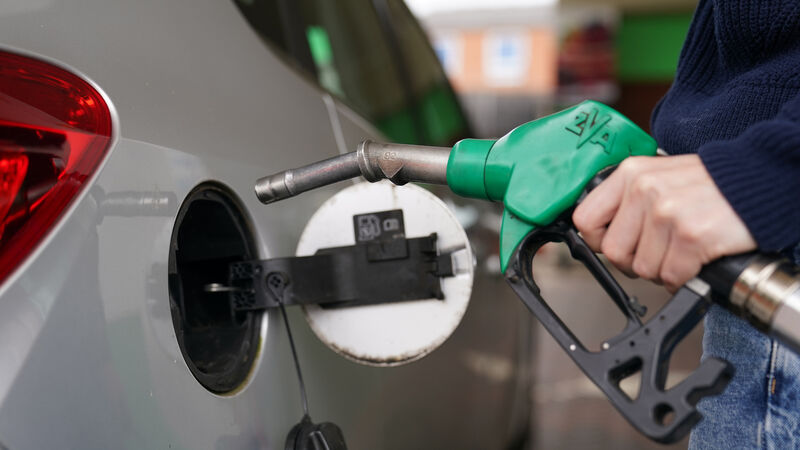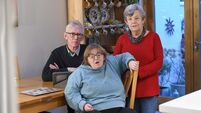Irish Examiner view: Consumers badly need a champion

For fuel the only way is up with a litre of petrol rising by 5c, and diesel by 4c, as the Government starts to fully restore excise duty which was suspended two years ago to offset the rising cost of living following the invasion of Ukraine. Picture: Joe Giddens/PA
If you study the regular inflation figures issued by the ECB, you might be forgiven for believing that the economy is on an improving trajectory. Inflation rates have fallen below the ECB target of 2%, although the average for the eurozone is 2.4%. Financiers meeting in Frankfurt on Thursday will mull over the prospect for a cut in interest rates by the summer which would bring some assistance to mortgage holders.
However, the problem is that we ordinary citizens do not inhabit the world of macro-economics and money supply. We gain our sense of wellbeing from what we pay in shops, pubs, and restaurants, and what we are charged for services and supply. Based on these metrics, and supported by even a cursory glance through some of the many anxieties reported every week in the Irish Examiner, there is a considerable gap between experiences and priorities of the theoreticians and what the rest of us know as real life.
Already a subscriber? Sign in
You have reached your article limit.
Subscribe to access all of the Irish Examiner.
Annual €130 €80
Best value
Monthly €12€6 / month
Introductory offers for new customers. Annual billed once for first year. Renews at €130. Monthly initial discount (first 3 months) billed monthly, then €12 a month. Ts&Cs apply.
CONNECT WITH US TODAY
Be the first to know the latest news and updates
















